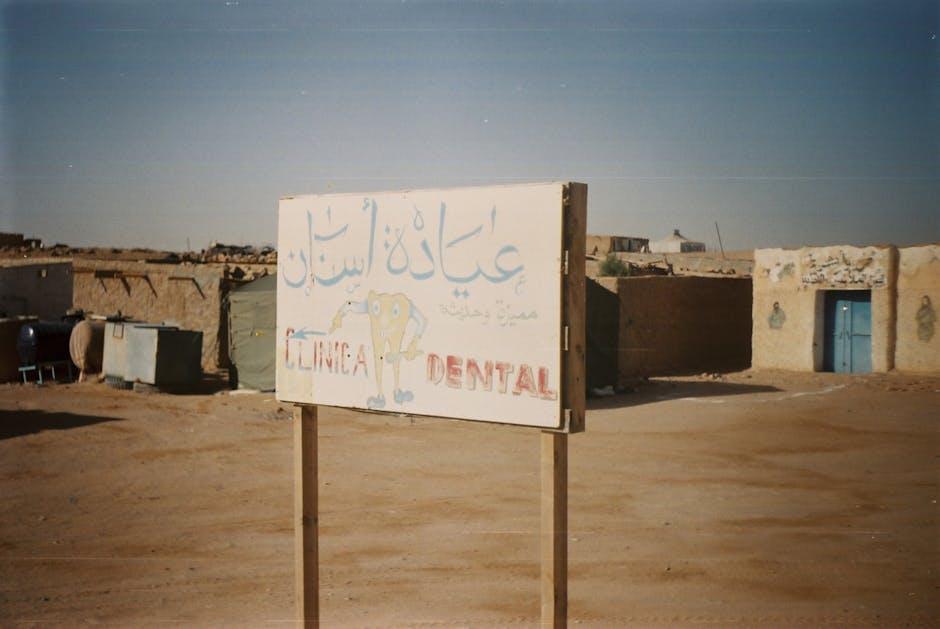
Tackling Dental Deserts – King’s College London
Dental deserts are a growing concern in the UK, representing areas where access to essential dental care is severely limited. King’s College London, a leading institution in dental education and research, is at the forefront of efforts to understand and resolve these critical issues. This comprehensive article delves into the challenge of dental deserts, the pioneering work led by King’s College London, and practical strategies to boost dental health equity across communities.
What Are Dental Deserts?
The term “dental deserts” refers to geographical locations where residents face significant barriers to obtaining routine and emergency dental care. These areas usually have a shortage of dental professionals, limited clinics, or long waiting times that discourage timely treatment. Dental deserts contribute to poor oral health outcomes and exacerbate health inequalities nationwide.
Key Factors Contributing to Dental Deserts
- Shortage of dental practitioners: Urban migration patterns and workforce distribution create imbalances.
- Economic constraints: Low-income communities often lack affordability and insurance coverage.
- Transportation barriers: Remote or rural areas frequently suffer from poor connectivity to healthcare facilities.
- Limited public health initiatives: Insufficient governmental funding for dental services in underserved areas.
King’s College London’s Role in Addressing Dental Deserts
At the heart of London, King’s College London’s Faculty of Dentistry, Oral & Craniofacial Sciences is pioneering research, policy advocacy, and community outreach initiatives aimed at tackling dental disparities.
Research and Innovation
King’s College dental researchers employ evidence-based methodologies to:
- Map and identify dental deserts using geographic information systems (GIS).
- Study social determinants impacting oral health access.
- Develop tele-dentistry platforms to reach remote populations.
- Pilot community dental programs in collaboration with NHS trusts.
Community Engagement and Education
King’s engages local communities through:
- Free oral health screenings in underserved neighborhoods.
- Educational workshops on prevention, hygiene, and diet.
- Training dental students in culturally competent care to serve diverse populations.
Benefits of Addressing Dental Deserts
Combating dental deserts offers broad benefits for individuals and society, such as:
- Improved oral health outcomes and reduced disease prevalence.
- Lowers healthcare costs through prevention and early treatment.
- Enhances quality of life and self-confidence.
- Promotes equitable access to healthcare resources.
- Reduces pressure and waiting times on emergency dental clinics.
Case Study: Tele-Dentistry Initiative at King’s College London
One notable innovation is King’s College London’s tele-dentistry program, designed to bridge the gap between dental practitioners and patients in remote or underserved regions.
| Feature | Details |
|---|---|
| Objective | Improve access to dental consultations remotely |
| Technology Used | Secure video calls, digital X-rays, mobile apps |
| Target Group | Rural communities & care homes with limited dental services |
| Outcome | Reduced travel for patients, faster diagnosis, increased follow-ups |
Early results demonstrated that tele-dentistry reduced appointment cancellations and improved patient satisfaction while optimizing clinician time.
Practical Tips to Combat Dental Deserts – What You Can Do
Tackling dental deserts requires a multifaceted approach. Here are actionable recommendations for individuals, communities, and healthcare providers:
- Advocate for policy change: Engage with local councils to support funding for dental care access.
- Utilize mobile dental clinics: These can deliver services to underserved areas efficiently.
- Promote oral health education: Schools and community centres should host regular dental health talks.
- Leverage technology: Encourage use of tele-dentistry platforms where in-person visits are difficult.
- Support dental workforce retention: Incentivise professionals to practice in rural or disadvantaged areas.
First-Hand Experience: A Dental Student’s Perspective at King’s
Emma, a dental student at King’s College London, shares her experience working within a community outreach program:
“Through King’s community dental projects, I witnessed firsthand how lack of access deeply affects oral health. Providing free check-ups in dental deserts not only educates but empowers people. The experience shaped my passion for ensuring dental care is a right, not a privilege.”
Conclusion: The Road Ahead for Dental Equity
The fight against dental deserts is far from over, but initiatives spearheaded by King’s College London are lighting the path towards equitable dental care. By combining cutting-edge research, community involvement, and emerging technologies like tele-dentistry, this esteemed institution exemplifies how academic expertise can address real-world health disparities.
Improving access to dental care is crucial not just for oral health but for overall wellbeing and social justice. As King’s College London continues to innovate and collaborate with stakeholders nationwide, the vision of eliminating dental deserts and ensuring every individual has a healthy smile draws nearer.
If you’re passionate about oral health equity or want to support dental desert initiatives, stay informed, get involved, and share this message to help create a healthier future.


